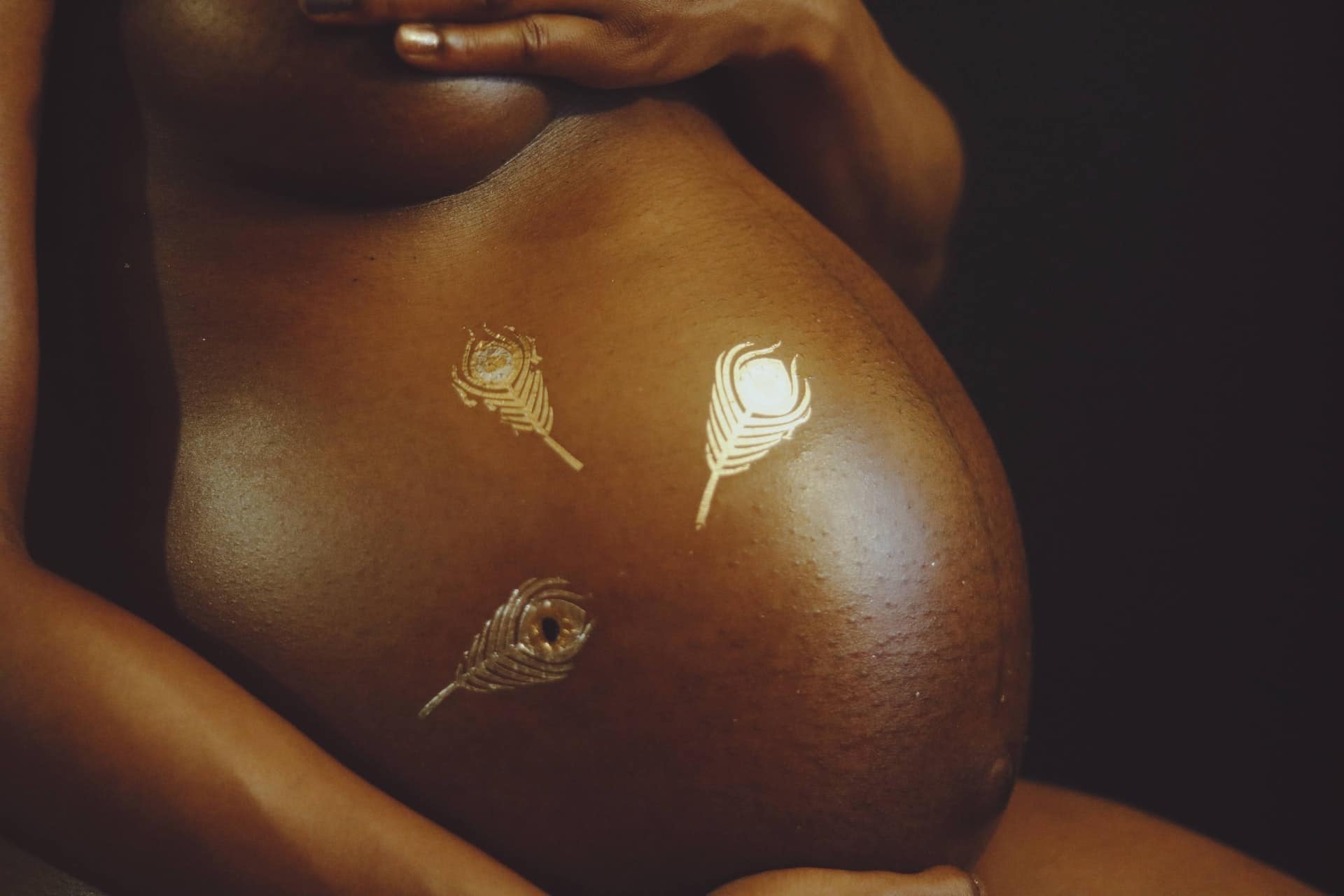
People often tend to confuse overactive bladder with incontinence. However, these two conditions are similar, but different. To better understand what they are, here are a few explanations about these two urinary disorders.
The bladder, the center of the problem
A normally functioning bladder will send signals to the brain that it is time to go (the urge to pee). You go to the bathroom and the brain will send the message to the bladder muscle (the detrusor) and the sphincter to release the urine.
When the detrusor malfunctions, it will send wrong messages to the bladder. It can signal that it is time to urinate even if the bladder is not full. This means that there will be more urination, as the muscle signals the need to urinate even if the bladder only holds a few drops.
This bladder hyperactivity can be divided into dry hyperactivity (you feel the need to urinate, but you do not lose urine) and wet bladder hyperactivity with incontinence.
Incontinence is not the same as an overactive bladder, but the cause of it.
It is estimated that only 37% of people with OAB suffer from incontinence.
Incontinence is a different problem
People with OAB will suffer from frequent (more than 8 times in 24 hours) and urgent urination. Those with incontinence will experience involuntary urine loss. There are two types of incontinence related to an overactive bladder.
The first, urge incontinence, is caused by involuntary contractions of the detrusor muscle. The urge to urinate is felt and urine leakage can occur.
Stress incontinence is slightly different, but can also sometimes be due to bladder overactivity. The muscles of the urethra become weakened and can no longer hold urine. Urine will then escape during physical effort, coughing, sneezing or simply laughing. This type of incontinence mainly affects women who have become pregnant or during menopause.
It is also possible to have mixed symptoms, which means that they combine both problems: overactive bladder and stress incontinence. The overactive bladder will need to empty itself and will evacuate a few drops during an effort.
Affected by an overactive bladder or incontinence?
You can see it when it’s just multiple urges to urinate without loss of urine, it’s a bladder that works too hard! As soon as urine leakage occurs, it’s incontinence.
To distinguish which problem the patient has, there are several criteria to consider. If there is no urine leakage, it’s simple, it’s just an overactive bladder.
If there is urine loss, there are other factors to consider.
In the case of an overactive bladder, the person will have a strong need to urinate (he can’t wait). This is not the case for incontinence.
The frequency of urination is very important for an overactive bladder. This is not the case for incontinence.
An overactive bladder alone will not cause any urine loss, which is obviously the opposite with incontinence.
The need to urinate at night is not a very specific criterion for identifying the problem. In the case of an overactive bladder, this need will remain normal (one has the urge if one has drunk a lot before going to bed or if one has forgotten to go to the bathroom before going to bed). In the case of incontinence, the urge will not be higher.
The volume of urine loss is also interesting because it provides important information. If the volume of urine is large, you have an overactive bladder. If the volume is small, it is incontinence. Finally, the ability to get to the bathroom in time when you feel the need to urinate is very poor in the case of an overactive bladder, whereas in the case of incontinence, you can go without hurrying.
With these indications, you can more easily determine which problem you are affected by.
In the case of common symptoms, you are undoubtedly suffering from OAB and stress incontinence, two completely different but related problems. OAB can indeed lead to incontinence. But it is not one of the forms of incontinence.



